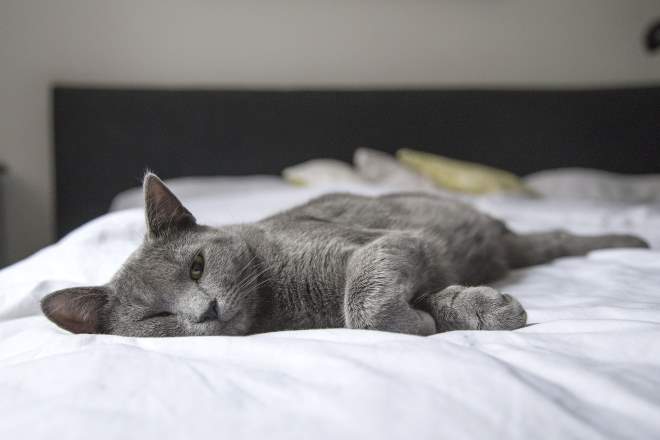Rediscovering the Ancient Bond: How Animals Have Shaped Human Evolution
The complex relationship between humans and animals has been long-standing. From companionship and hunting assistance in early civilizations to therapeutic and emotional support in today's society, animals have played a pivotal role in shaping human evolution. This article aims to delve deeper into the fascinating impact animals have had on our development as a species.

The Dawn of Domestication: Animals as Early Companions
It all started with domestication, a process that commenced around 10,000 years ago. The first animal to be domesticated was the wolf, which later evolved into the dog breeds we know today. Early humans quickly recognized the benefits of having dogs around, like hunting and protection. Over time, this bond evolved, and dogs became more than just tools for survival—they became companions.
Animals in Agriculture: An Evolutionary Leap
The domestication of livestock marked a significant leap in human evolution. The ability to tame and breed animals like cattle, sheep, and goats allowed for a more stationary lifestyle. This shift from nomadic hunting and gathering to settled farming communities was a key factor in the rise of civilization.
The Emotional Bond: Animals and Human Wellbeing
The emotional connection between humans and pets has profound psychological benefits. Studies show that the bond shared with pets can lower stress levels, improve mood, and even lengthen lifespan. Today, animals are not just pets—they serve as companions offering unconditional love and emotional support.
The Therapeutic Role of Animals
The therapeutic role of animals, particularly in the fields of mental health and physical rehabilitation, is gaining recognition. Emotional support animals, therapy animals, and even guide animals play an integral role in improving the quality of life for many individuals. They provide comfort, motivation, and companionship, promoting overall wellbeing.
Animals in Culture and Religion: A Sacred Connection
Animals have always held a significant place in various cultures and religions across the world. From the sacred cows of Hinduism to the revered wolves of Native American tribes, animals have been worshipped, feared, and respected. This cultural reverence underscores the profound connection between humans and animals, a bond that has withstood the test of time.
- Domestication of animals started around 10,000 years ago with the wolf.
- The domestication of livestock played a key role in the transition from nomadic to settled societies.
- Pets have been scientifically proven to improve human health and wellbeing.
- Therapy and emotional support animals are increasingly being recognized for their role in mental health and rehabilitation.
- Animals have held (and continue to hold) significant roles in many cultures and religions worldwide.
The connection between humans and animals is ancient, deep, and transformative. Animals have played an integral role in our evolution and continue to shape our lives in numerous ways. Whether it’s a pet providing comfort at home, a therapy animal aiding recovery, or the sacred status of animals in different cultures, the impact of this bond is profound. It is a testament to the interconnectedness of all life, revealing that our existence and evolution are not just about us, but also about our relationships with the other sentient beings with whom we share this planet.




